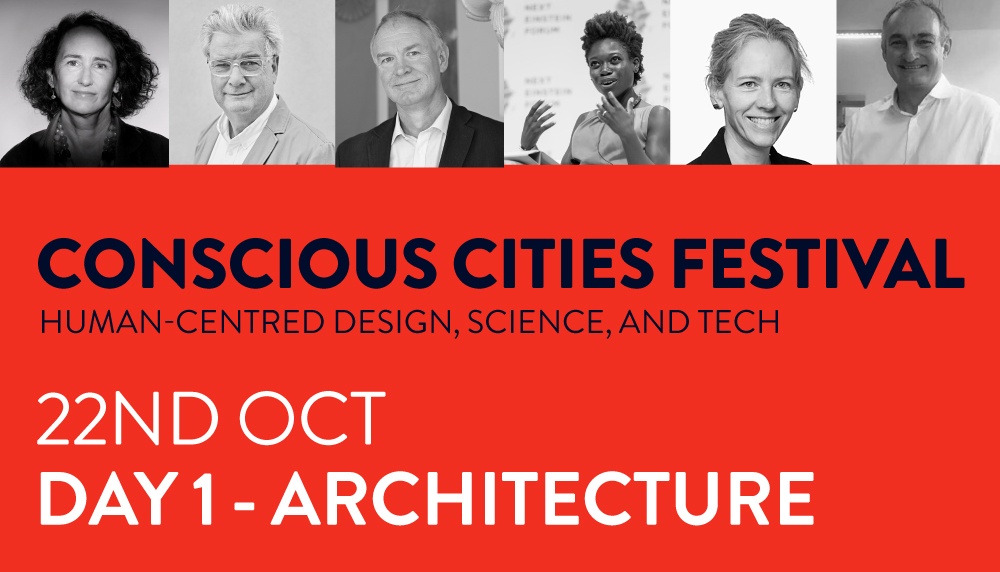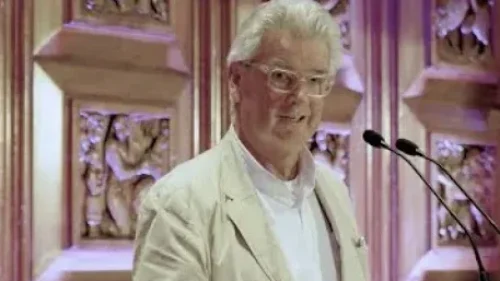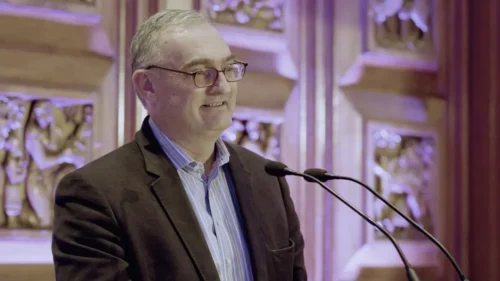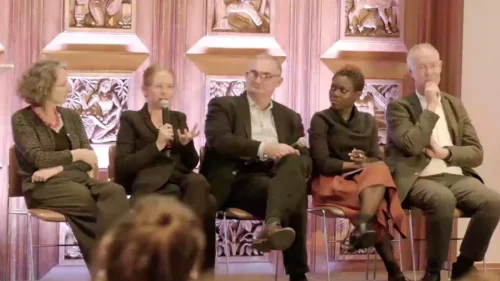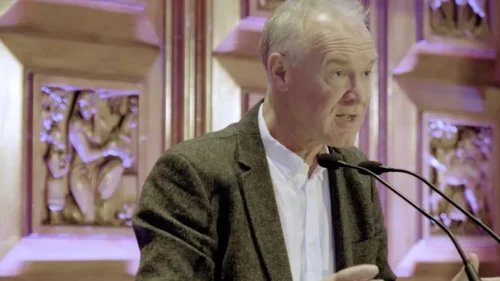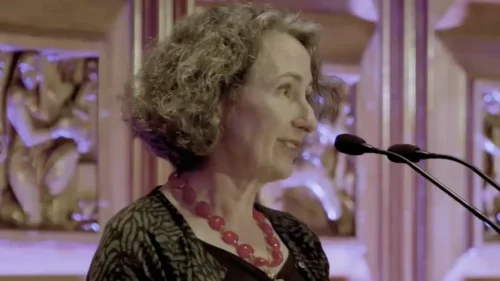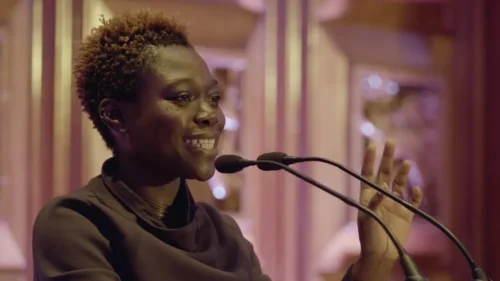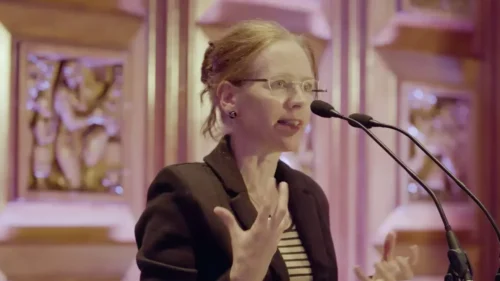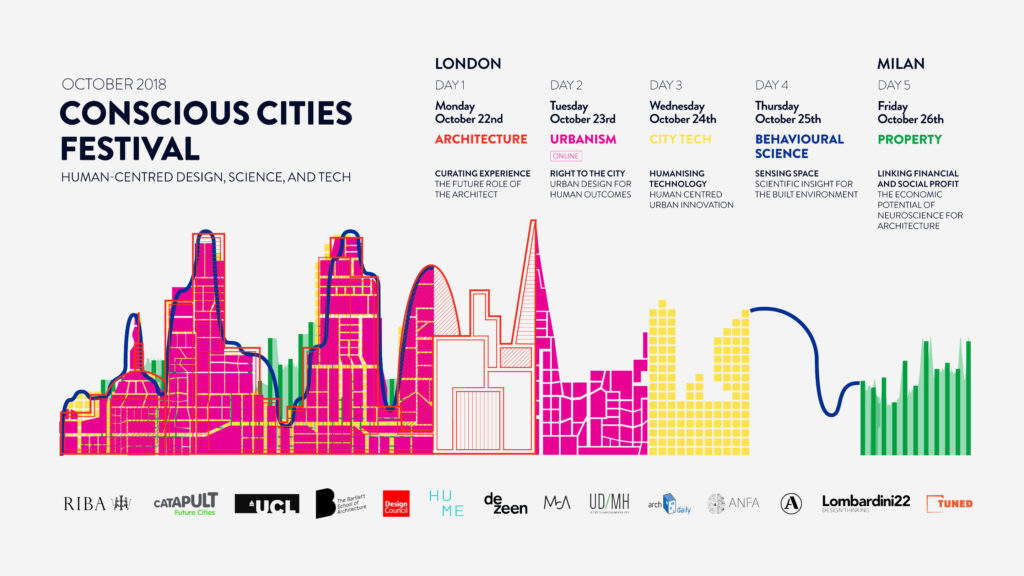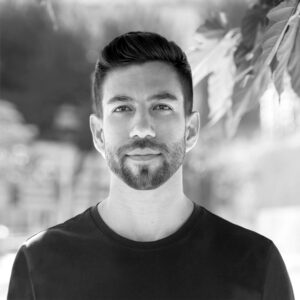The architecture profession is in flux once again. The role of the architect is changing as a result of client expectations, market demands, and the growing need for specialised knowledge. Architects are interested in creating environments that prioritise the user experience, but are more often occupied with other aspects of project management and procurement. Addressing this disjunction is ultimately the responsibility of the profession itself. As other professions move towards more transparent methodologies and an evidence base, architects still rely heavily on their intuition. What new tools will shift the architecture profession back to a focus on curating experience?
Conscious Cities and the RIBA will host a series of short talks and a panel debate with those reshaping the future of the profession. How will a growing and valuable evidence base from neuroscience and psychology fit into future projects and change the way we design and build?

